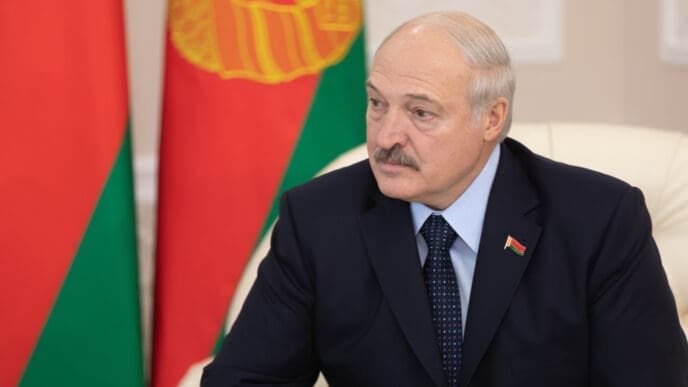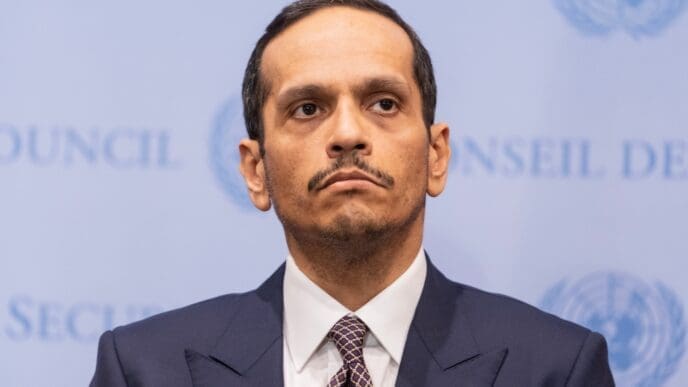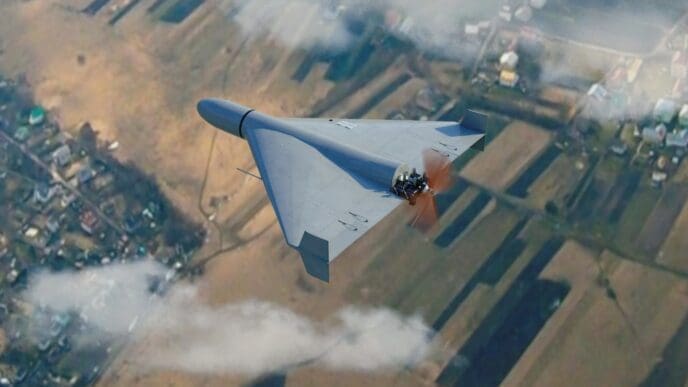In February, North Macedonia chose to abstain from two United Nations resolutions condemning Russia’s actions in Ukraine. This decision underscores the nation’s alignment with the United States amidst complex geopolitical dynamics in Europe. The move reflects North Macedonia’s strategic partnership with the U.S., emphasizing support for Ukraine’s integrity and sovereignty while advocating for a peaceful resolution.
The Foreign Minister of North Macedonia highlighted the crucial role of the U.S. in ceasefire negotiations, acknowledging the capability of American diplomats in facilitating peace talks. The minister emphasized that despite aligning with the U.S., North Macedonia remains committed to European objectives, including EU alignment, NATO membership, and a formal strategic partnership with the United States.
North Macedonia has been a candidate for EU membership for the past 20 years, with progress hindered by disputes with Bulgaria over constitutional changes. The Foreign Minister stressed the importance of institutional guarantees and mutual respect for minority rights to advance EU accession. Additionally, tensions with Greece persist over the country’s name, despite the Prespa Agreement intended to resolve the issue.
Countering Russia’s influence in the Balkans is deemed crucial by North Macedonia, with EU enlargement seen as a strategic measure to mitigate Russia’s impact. The European Commission, however, notes challenges such as limited progress in judicial independence and corruption, which remain obstacles to starting accession negotiations.
The Evolving Landscape
The geopolitical choices made by North Macedonia highlight the intricate balance between maintaining strategic alliances and pursuing national interests. For citizens, this could mean a continued focus on international partnerships that influence domestic policies and economic prospects. Aligning with the U.S. may strengthen North Macedonia’s security and diplomatic standing, yet it could also affect its relationship with European neighbors.
For the broader Balkan region, North Macedonia’s stance against Russian influence reinforces the importance of EU integration as a safeguard against external pressures. This focus on strengthening ties with Western allies may enhance regional stability and foster economic growth, providing a more secure environment for residents. However, ongoing disputes with neighboring countries and internal challenges could delay progress, impacting the nation’s aspirations for EU membership and regional cooperation.












